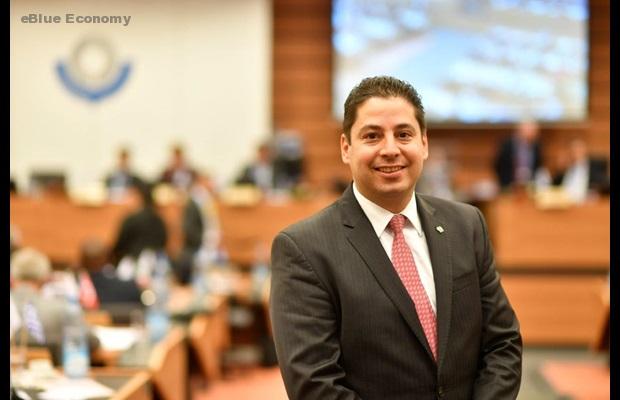The WCO Deputy Secretary-General (DSG), Mr. Ricardo Treviño Chapa, addressed the Port community during a webinar on Customs-Ports cooperation organized by the Secretariat of the Inter-American Committee on Ports (S/CIP) and the International Port Community System Association (IPCSA). The aim of the webinar was to address key aspects and challenges of the working relationship between Ports and Customs, share best practices to improve communication and efficiency and consider how ports can support the role and responsibilities of Customs and vice-versa.
In his presentation, the WCO DSG highlighted the important role of Customs in border coordination. He mentioned the flagship instruments developed by the WCO to support further integration and cooperation between various stakeholders, such as the Coordinated Border Management Compendium and the Single Window, the SAFE Framework of Standards, especially its pillar related to Customs-Business partnership, and the AEO Programme. He stressed that enhancing the cooperation between all active operators at the border would facilitate the development of harmonized procedures and the exchange of information. These aspects were clearly high in the priorities of the WCO for the future. He concluded that trust needed to be built in order to move towards the establishment of a coherent framework where Customs could conduct controls while providing facilitation for the movement of legitimate trade.

The other panelists, namely Mr. Uwe Liebschner from IPCSA and Mr. Rommel Edwards from Barbados Port Inc., agreed that cooperation was key to adequately face the challenges related to the multiplicity of legislation, IT systems, and requirements, as well as the continuously increasing volumes of goods. They also underlined the importance of digitalizing the processes and infrastructures. Mr. Liebschner especially said that considering the features of modern trade, efficiency was needed to reduce the burden and costs for legitimate businesses while improving the overall processes for government agencies and traders. Mr. Rommel considered that legal frameworks were sometimes outdated and that there were discrepancies between the rules applied to Customs and Port authorities. More consistency was needed to shift the paradigm and operate in a sound environment of collaboration between stakeholders.















